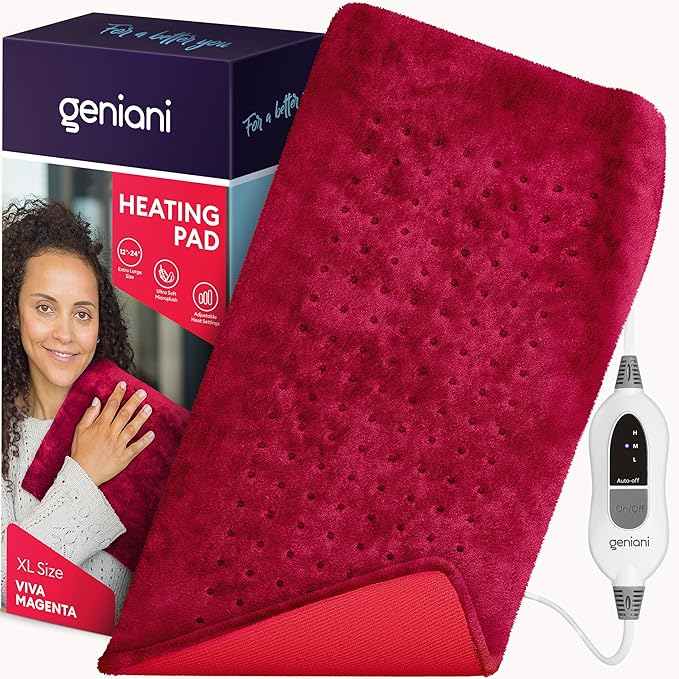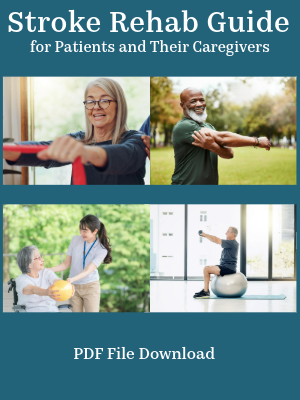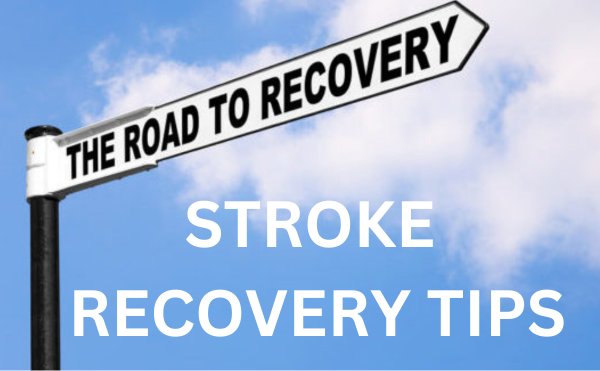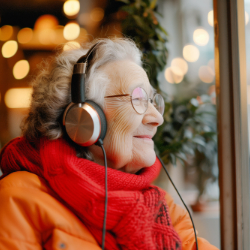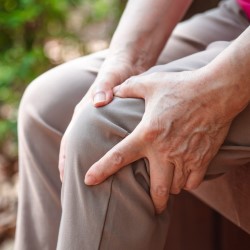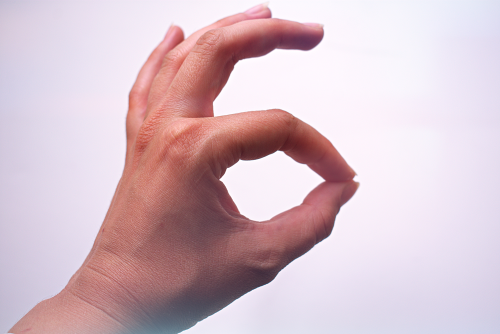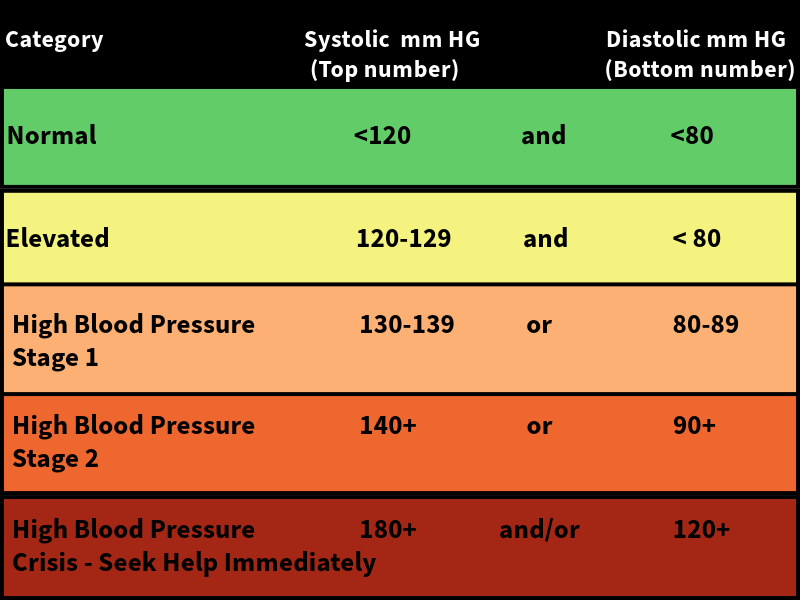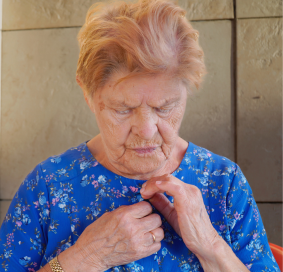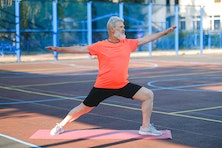What is a Good Gift for a Stroke Patient?
As a caregiver or loved one of someone who has experienced a stroke, you may wonder, "What is a Good Gift for a Stroke Patient?" This simple question can become complicated when you consider that a stroke is different for each individual with various outcomes such as movement problems, impaired vision, speech difficulty, poor cognition, or coordination deficits to name a few. Take the person's deficits into consideration when choosing a gift. Use the helpful gift guide below.
Self Care Aids
Patients with paralysis or severe weakness on one side may only be able to use one hand or leg, so consider this when choosing gifts to assist with self care.
Adaptive Clothing and Dressing Aids: Clothes designed for easy dressing, such as magnetic closures, pullover tops, shoes with velcro or elastic laces. Button hooks that allow for buttoning with one hand.
Mobility Aids: Lightweight canes or one-handed walkers (hemi-walkers) for increased stability.Bathroom Safety Equipment: Grab bars, shower chairs, or raised toilet seats for added security.Kitchen Gadgets: One-handed can openers, jar openers, rocker knives, cutting boards with suction cups, or electric utensils can make meal prep easier especially for those with paralysis on one side of the body.Grooming Aids: Hair dryer stand, toothpaste squeezer, electric toothbrush, floss pics, electric nail clippers, or soap dispensers can be especially helpful for those with hemiplegia or weakness on one side.
Gifts for Physical Rehabilitation and Exercise
When considering gifts emphasized on exercise, make sure the item is safe for the individual and that deficits will not interfere with the person being able to use the item. For instance, a person who can't move their hand may have trouble gripping and this would need to be taken into consideration. If you are a loved one who has access to the stroke patient's physical or occupational therapist, you could consult with them for exercise gift ideas that would be appropriate.
Resistance bands: These are versatile and can be used for a variety of exercises.Exercise balls: Improve balance, core strength, and flexibility.Handheld weights: Suitable for building upper body strength.Yoga mats: Provide a comfortable and supportive surface for exercises.Walking poles or canes: Can aid in balance and stability.Grip strengtheners: Help improve hand strength.Ankle and wrist weights: Add resistance to exercises.Balance boards: Challenge balance and coordination.Step stools: Can be used for step-up exercises.Fitness trackers: Monitor activity levels and progress.Exercise DVDs or streaming services: Offer guided workouts.Gaming consoles with exercise-based games: Make exercise fun and engaging.
Gifts for Comfort and Relaxation
Electric Blankets or Heating Pads: These can provide warmth and comfort.Massage Chairs or Cushions: Can help relieve muscle tension.Foam rollers: Help relieve muscle tension and soreness.Massage balls: Can be used for self-massage and pain relief.Comfortable Clothing: Soft, loose-fitting clothing can be more comfortable to wear.Adult coloring books: These can be a relaxing and engaging activity.Weighted blankets: These can provide comfort and reduce anxiety.Gift Cards: to a massage therapist or nail spaGift Baskets: Incorporate a variety of the person's favorite items
Gifts for Mental Stimulation
- Large Print Books or Audiobooks: These can be enjoyed with minimal effort.
- Puzzles or Games: Adaptive versions can provide mental stimulation.
- Tablet or E-reader: Can be used for reading, listening to music, or watching movies.
- Crafts: These can help with cognitive stimulation and fine motor skills.
- Photo Albums or Digital Photo Frames: These can help stimulate memories and create a sense of connection.
Gifts to Help with Communication
If the stroke patient has aphasia or difficulty with communication, consider some of the following gifts. If you are a loved one with access to the patient's speech therapist, you could consult with them for gift ideas to help with communication.
Communication boards or books: These can help individuals express their needs and wants.Speech-generating devices (SGDs): These electronic devices can help individuals communicate more independently.Augmentative and Alternative Communication (AAC) apps: These can be used on tablets or smartphones.Tablet or smartphone: These devices can be used for communication apps, games, and other activities.Noise-canceling headphones: These can help reduce distractions and improve focus.Smart home devices: These can make everyday tasks easier, such as controlling lights or adjusting the thermostat.Books, magazines, or audiobooks: These can stimulate the mind and provide enjoyment.Music therapy sessions or instruments: Music can be a powerful tool for emotional well-being and communication.
Gifts to Improve Social Connection
Exercise Class Passes: These can provide a sense of community and connection as well as improve health. Many places offer classes that are adapted to those with disability or for the elderly.Membership to a local organization or club: This can offer opportunities for social interaction and engagement.Gym Membership: Adaptive Gyms for those with disabilities are available in many areas.Amazon Alexa: This can be set up so that individuals can call or drop in on loved ones and talk.
Gifts for Safety
Medical alert systems: These devices can be worn as a pendant or bracelet and provide emergency assistance.Fall detection devices: These can detect falls and automatically alert caregivers.Personal alarms: These can be used to summon help in case of an emergency.Non-slip mats: For bathrooms and kitchens to prevent falls.Grab bars: For bathrooms and other areas to aid in mobility.Raised toilet seats: For easier use and reduced fall risk.Shower chairs: For safer bathing.Bed rails: To prevent falls during sleep.Smoke detectors and carbon monoxide detectors: Essential for home safety.Fire extinguishers: For emergencies.Pill organizers: Help with medication adherence.Medication reminders: Digital or physical reminders can assist with taking medication on time.
More Gift Ideas
Visit our gift giving page with specific examples and links to gifts that can be bought on Amazon.com
Get Our Stroke Rehab Guide
Our stroke rehab guide is designed specifically for patients and caregivers. It's in pdf format and can be immediately downloaded. It includes about
- Stroke Definition & Causes
- Stroke Treatment
- Rehabilitation Information for Physical, Occupational and Speech Therapy
- Exercise pictures
- Q&A from patients and caregivers
- Adaptive Equipment & Techniques
- How to Prevent Another Stroke & More!
Medical Disclaimer: All information on this website is for informational purposes only. This website does not provide medical advice or treatment. Always seek the advice of your physician or other healthcare provider before undertaking a new healthcare or exercise regimen. Never disregard professional medical advice or delay seeking medical treatment because of something you have read on this website. See the disclaimer page for full information.

